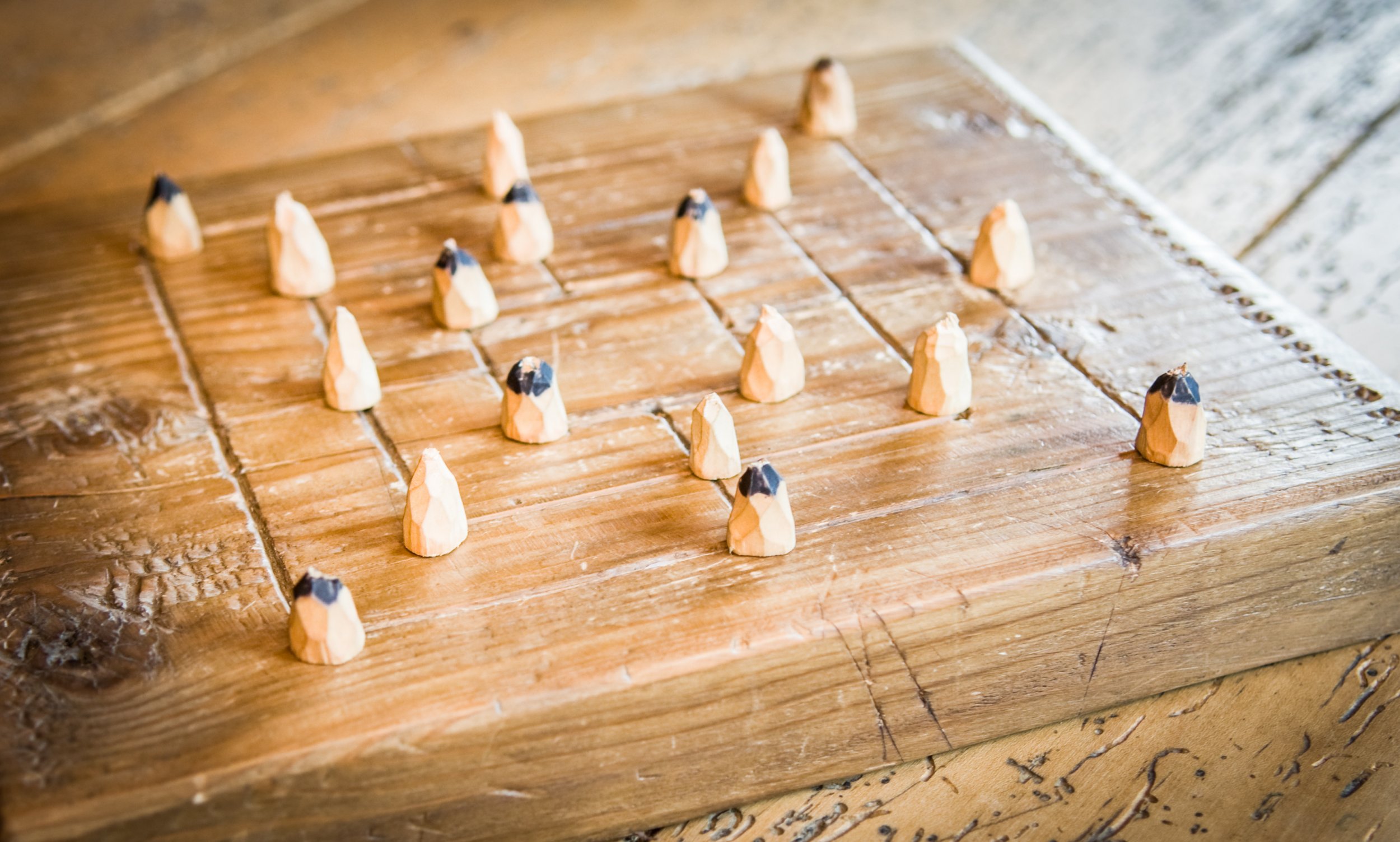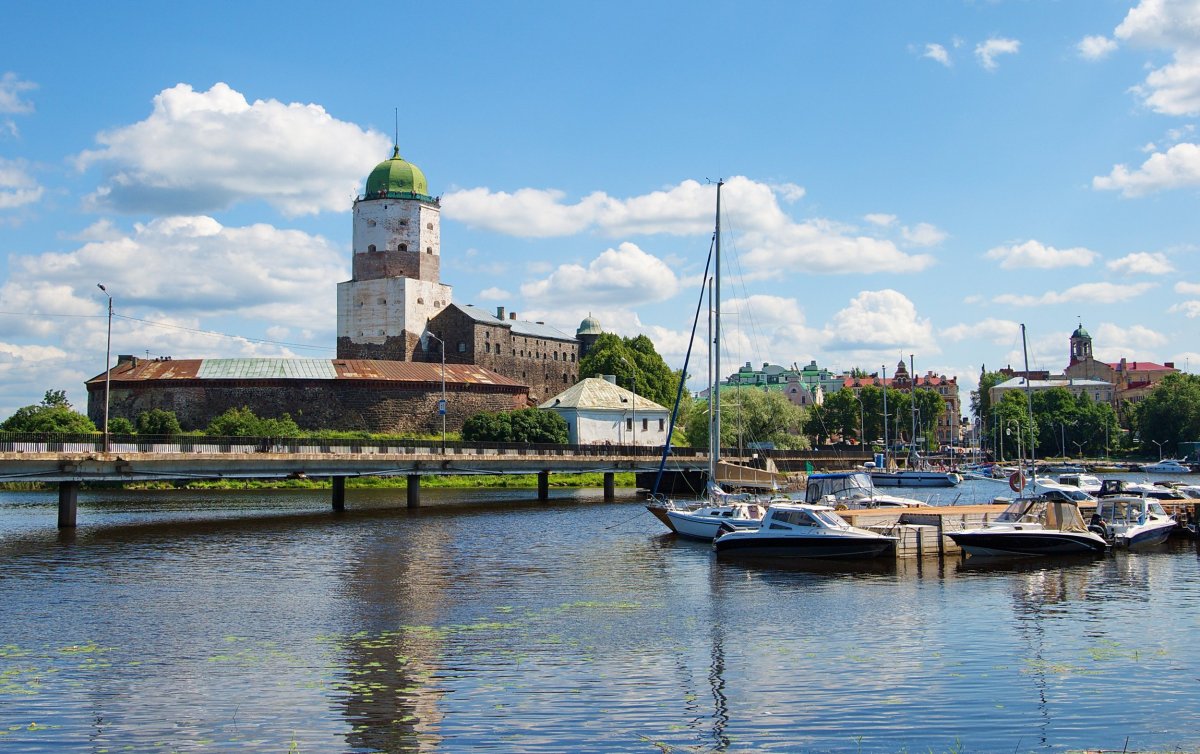
Archaeologists have uncovered a medieval board game in a secret chamber beneath an ancient Russian castle. This chamber, museum officials reported last month, may link the castle—which stands on a tiny island—to the nearby city of Vyborg.
According to a Russian social media post from Vladimir Tsoi, director of the Vyborg Museum-Reserve, the game carved into a clay brick is probably a version of nine men's morris, a strategy game that sees players battle with small pieces known as "men."
Humans have been playing versions of this two-player game around the world for centuries. Similar games have been discovered at ancient sites everywhere from India and China to what was once the Roman Empire. Played on board of intersecting squares, nine men's morris itself is not unlike checkers.
In the game, each player aims to claim the other's men, much like the pieces in chess. When a player builds a "mill"—a row of three men—on the grid-like board, they are rewarded with an opponent's game piece. Once a player is down to just two men, they are unable to form mills and their opponent claims victory.
In the stand version of the game, players begin with nine men each, and in others with three, six or twelve.
Tsoi said the board game might be the "most intriguing" find so far of archaeologists' recent excavations. Archaeologists recently discovered a collection of historical coins at the castle, the museum previously reported on Russian social media.
The 13th-century Vyborg Castle rises from an islet near the Finnish border. Its large domed tower looms some 160ft. Built by Sweden back in 1293 and renovated several times, its roots can be traced back to an even earlier Karelian fortress that may once have stood on the site. Karelia is a historical province of Finland, first inhabited thousands of years ago.

Over its long history, the castle has been passed between Russia and Finland multiple times, most recently in 1944, when it was taken over by the Soviet Union. Today, the site—which serves as a museum—is a major tourist attraction in the region.
Elsewhere in Russia, scientists are trying to extract cells from a recently uncovered prehistoric horse in an attempt to clone the extinct creature. Meanwhile in Egypt, archaeologists have uncovered the remains of a village thousands of years older than the iconic pyramids of Giza. And in China, a lost city with an ancient pyramid and evidence of extensive human sacrifice is rewriting history.
Uncommon Knowledge
Newsweek is committed to challenging conventional wisdom and finding connections in the search for common ground.
Newsweek is committed to challenging conventional wisdom and finding connections in the search for common ground.
About the writer
Katherine Hignett is a reporter based in London. She currently covers current affairs, health and science. Prior to joining Newsweek ... Read more
To read how Newsweek uses AI as a newsroom tool, Click here.








